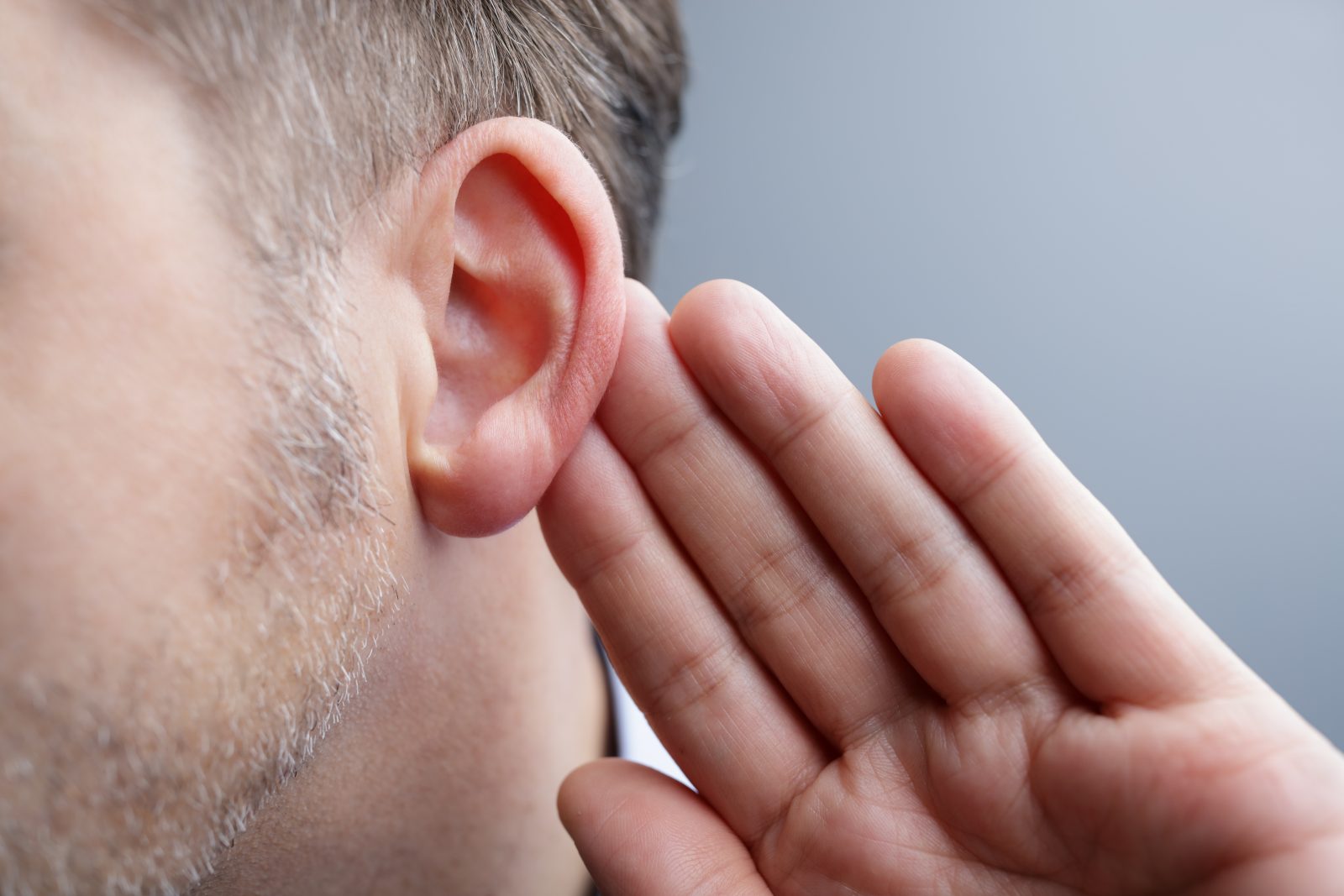Listening: The Key to Great Communication

Summary
Listening is one of the most important skills you can work on in your life to strengthen your relationships and your career.
By Lisa Heay, Director of Business Operations at Heinz Marketing
Last month, I wrote a post on Communicating with Confidence. But what I didn’t get into then is the idea that the best communicators are those who also listen intentionally.
Arguably, listening is the most important component to communicating effectively.
Do you ever talk to people in your life who are visibly distracted? Do you find yourself repeating the same thing over and over? How does that make you feel?
On the other hand, do you ever find your mind wandering when others are speaking to you? Does your mind come back to a conversation and you’ve realized the person has been talking and you’ve been thinking about something else entirely?
Especially in 2022, as we’ve settled into a new way of business where we’re often not in the same room or even the same state or country as our coworkers or customers, it’s easy to turn off our Zoom cameras and let our minds wander.
But those that focus on intentional and active listening practices are far better communicators, resulting in career advancement and successful relationships—both in business and personally.
Active Listening
Active listening is at the communication core. It’s an important skill to hone and can have a major impact on your relationships with others and impact success in your role – no matter what that role is.
According to Mindtools.com, active listening is “where you make a conscious effort to hear not only the words that another person is saying but, more importantly, the complete message being communicated.”
You must pay attention in order to achieve this. Make eye contact, listen to understand, not respond, and summarize the key points back to the person you are speaking with.
Mindtools.com goes on to say that “research suggests that we only remember between 25 percent and 50 percent of what we hear… That means that when you talk to your boss, colleagues, customers, or spouse for 10 minutes, they pay attention to less than half of the conversation.”
Let’s flip that statistic on its head and focus on the people we talk to.
Take it a Step Further
In a recent post, Michelle Voznyuk, Senior Marketing Consultant at Heinz Marketing takes active listening one step further to highlight the value of critical listening in more detail.
She explains that “Critical listening is ‘a process for understanding what is said and evaluating, judging, and forming an opinion on what you heard. The listener assesses the strengths and weaknesses of the content, agrees or disagrees with the information, and analyzes and synthesizes material’”.
it’s more than just being an active participant in the conversation. It’s paying attention, understanding and internalizing the message that’s being delivered.
Listen to Advance your Career
As in any relationship, listening is key to working with others. If you’re listening to seek understanding, there is less opportunity for conflicts at work.
In an article for Payscale by Gina Belli, she explains that good listeners demonstrate a desire to build understanding, they verify that they got the right message, they pay attention to body language (read the room!!), and they get involved—meaning they take action based on the message they’ve received from the person they are speaking to.
Then you can respond.
In addition, People who are good listeners are more likely to retain information, understand what’s being required of them, and ask the right questions. When you verify you heard a message correctly, you’ll catch misunderstandings easily and help to eliminate conflict. Especially in a service industry, your customers want to feel respected and heard. Listening builds trust and empathy.
In a recent post by Dan Baron, Marketing Consultant at Heinz Marketing, “Empathy means listening to your customer, understanding their point of view, and meeting them at their most frequent channels. It’s not about telling or showing someone the right way. It’s about understanding anything you can in order to make a connection.”
As Matt Heinz said in an older blog post – listen for the “lean in” moments—things like:
- “What I’m really worried about is…”
- “Our CEO is particularly focused on…”
- “Our board has challenged us to…”
- “I really need to figure out…”
This is important not just in leadership positions, but in working with clients, as well. Are you listening to your prospects’ concerns? Your customers’ needs? The sales people who develop these relationships? The customer support representatives that deal with issues day in and day out?
People want to be heard. If you’re not trusted to receive and take action on information you’ve been given, your company’s reputation is at stake.
Resources from the Experts
To dig deeper into this topic, check out some articles from experts on the subject…
B2B Reads: The Power of Storytelling, Strategy Failure, and Quality Sales Leaders highlights an article by Ken Blanchard – Listening Is the Key to Effective Communication. This blog post underlines the importance and value of good listening in communication. It’s no surprise that being a good listener is a frequent trait of good communicators, especially good leaders: “people want to know their manager cares about what they think,” writes Blanchard. Blanchard then offers some easy-to-implement tips on how to improve your own listening.
B2B Reads: One-on-One Listening, Uncompromised Work Culture, & the Subscription Economy highlights Tips for Practicing One-on-One Listening to Improve Internal Comms from Ragan Communications. Pulse surveys and suggestion boxes are valuable tools, but there’s true power to listening in its purest form. Thank you, Rick Brandon, Ph.D, for your opinion on the pivotal role individual managers have internal communication and listening.
‘Active Listening’: the Key to Strong Workplace Relationships, Productivity, and Personal Empowerment by Elle Kaplan for Medium.com highlights some simple tips that will quickly start you on the path to ‘active listening’ and all the benefits it has to offer in the workplace.
Business Tools: The Art Of Listening by Matt Toledo for Forbes.com explains that “listening is the single most crucial skill in communicating and building your business. Listening increases productivity, boosts confidence and reduces errors.”
To Wrap Up….
Listening is one of the most important skills you can work on in your life. Good listening skills will strengthen your relationships, both personally and in your career. It comes naturally to some, but it’s something you’ll need to practice your whole life.





